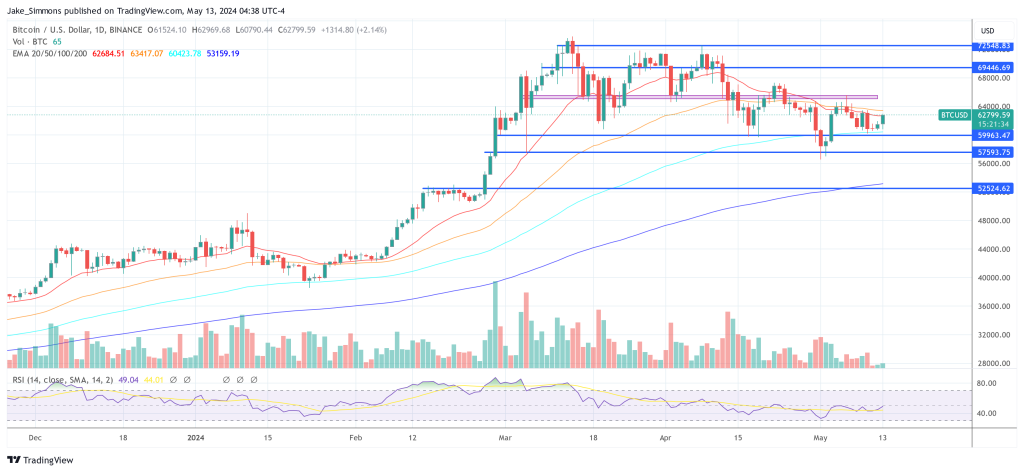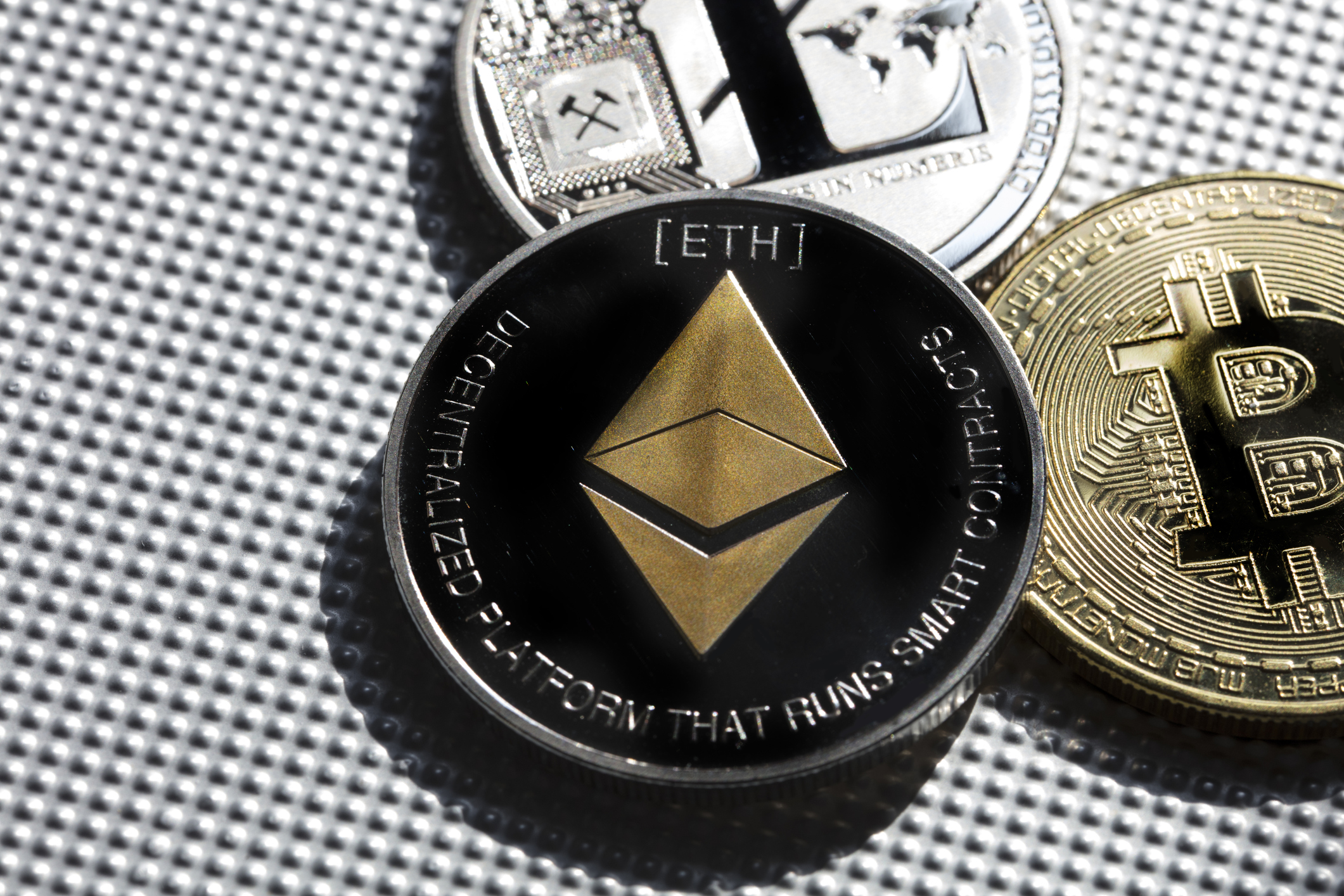In a landmark ruling that could have far-reaching implications for the crypto industry, a federal judge has sentenced cryptocurrency entrepreneur Do Kwon and his company Terraform Labs, finding them violating US law for failing to register two digital currencies...
In a landmark ruling that could have far-reaching implications for the crypto industry, a federal judge has sentenced cryptocurrency entrepreneur Do Kwon and his company Terraform Labs, finding them violating US law for failing to register two digital currencies that ultimately collapsed in 2022.
US District Judge Jed Rakoff, presiding over the case in Manhattan, sided with the US Securities and Exchange Commission (SEC) in a lawsuit stemming from the downfall of the TerraUSD and Luna currencies.
Terraform Labs Heads To Trial
According to a Reuters report, the judge’s ruling also denied summary judgment to both parties on the SEC’s fraud claims, setting the stage for a trial scheduled for January 29, 2024.
However, Rakoff dismissed the SEC’s claims that the defendants illegally offered security-based swaps. Terraform Labs strongly disagreed with the decision, maintaining that it did not consider its tokens as securities. Notably, Terraform Labs vowed to continue defending against what it deemed “meritless” fraud claims put forth by the SEC during the upcoming trial.
TerraUSD, designed as a “stablecoin” meant to maintain a constant $1 price, and Luna (LUNC), a more traditional token with fluctuating value closely tied to TerraUSD, experienced a devastating collapse that resulted in the loss of an estimated $40 billion or more.
The SEC argued that four of the defendants’ crypto assets, including TerraUSD and Luna, qualified as “investment contracts” and were thus unregistered securities.
The regulator also accused Terraform Labs and Do Kwon of repeatedly misleading investors regarding the stability of TerraUSD, including false claims of potential value appreciation.
Judge Rakoff Affirms Crypto Assets As Securities
According to Reuters, Judge Rakoff declared that there was “no genuine dispute” that the four crypto assets met the definition of securities based on a 1946 US Supreme Court ruling known as SEC v WJ Howey Co case.
This ruling established that an investment involving money in a common enterprise, with profits derived solely from others’ efforts, qualified as an investment contract. However, the judge also acknowledged that reasonable jurors could differ in their interpretation of whether the defendants intended to defraud investors through multiple statements about Terraform Labs’ business.
Moreover, Judge Rakoff noted that the SEC’s remedies for selling unregistered securities would be determined once the defendants’ liability on the fraud claims was resolved.
The SEC has refrained from making an immediate comment on the ruling. Meanwhile, Do Kwon, a South Korean native and the mind behind TerraUSD and Luna, is also facing separate fraud charges filed by US prosecutors in Manhattan.
As previously reported by Bitcoinist, Kwon has been contesting extradition to the United States since his arrest in March in Montenegro, which occurred just hours before the criminal fraud charges were announced.
As the trial approaches, the outcome could significantly impact the broader cryptocurrency industry, potentially shaping the regulatory landscape and investor protections.
Featured image from Shutterstock, chart from TradingView.com












